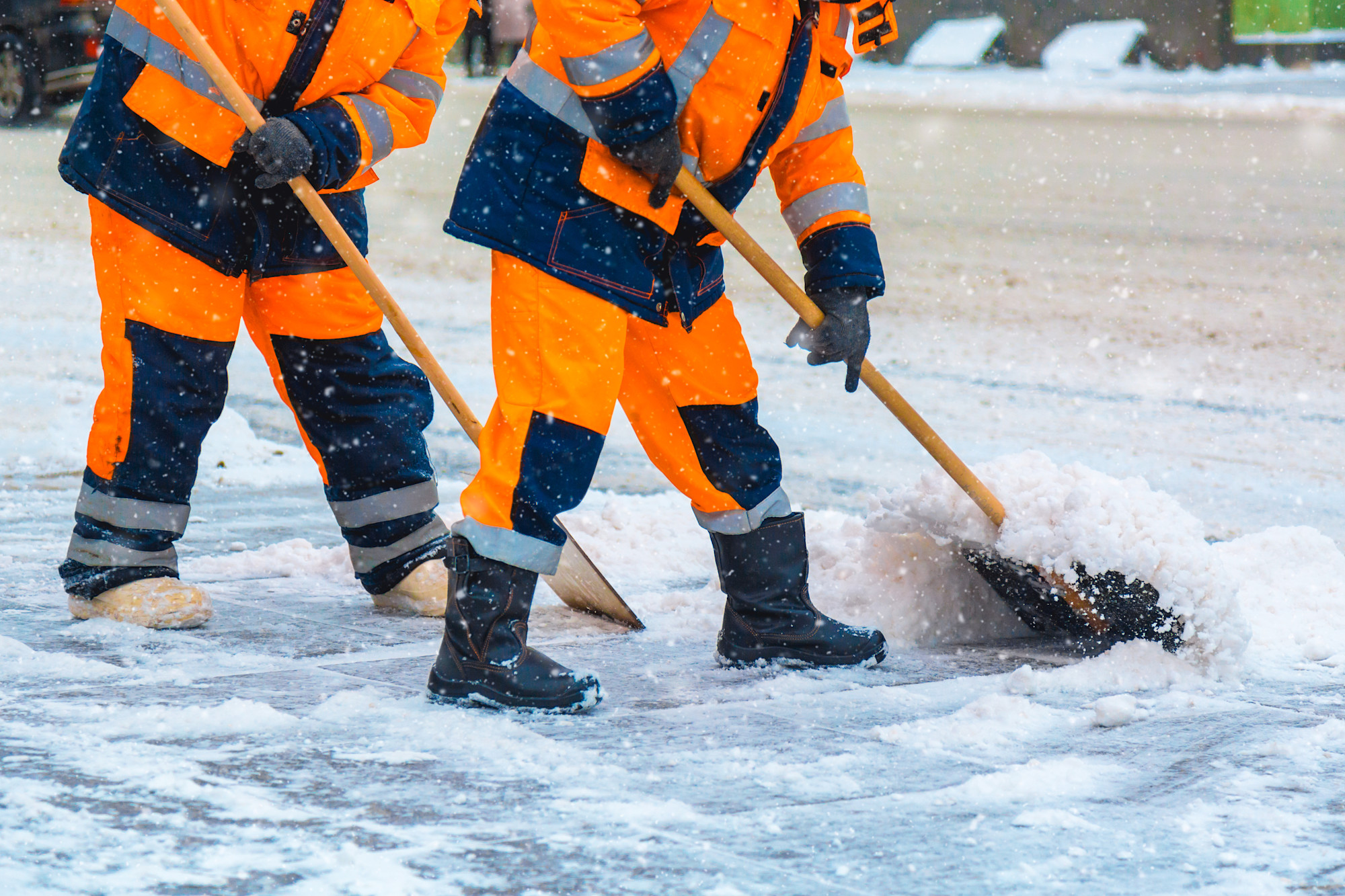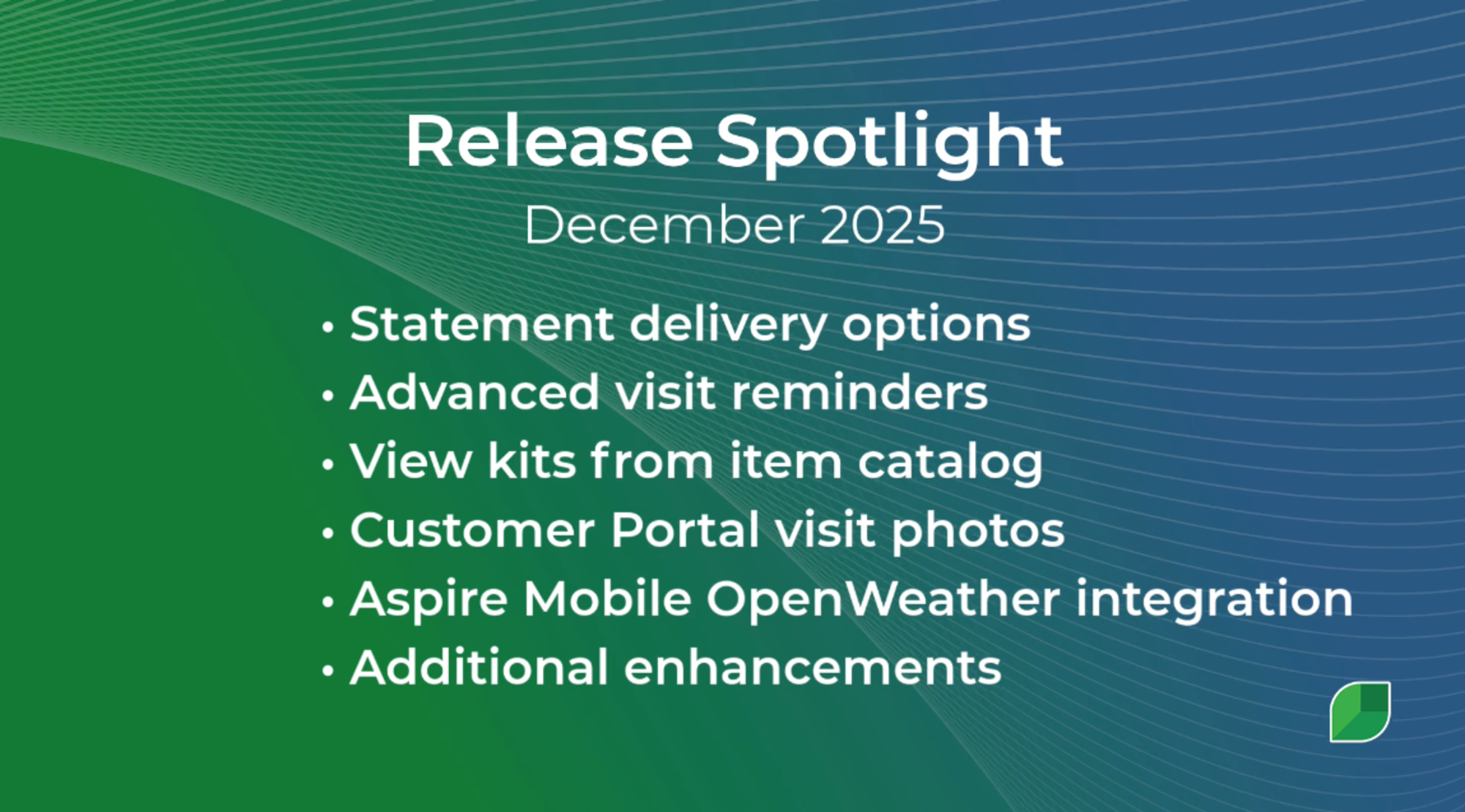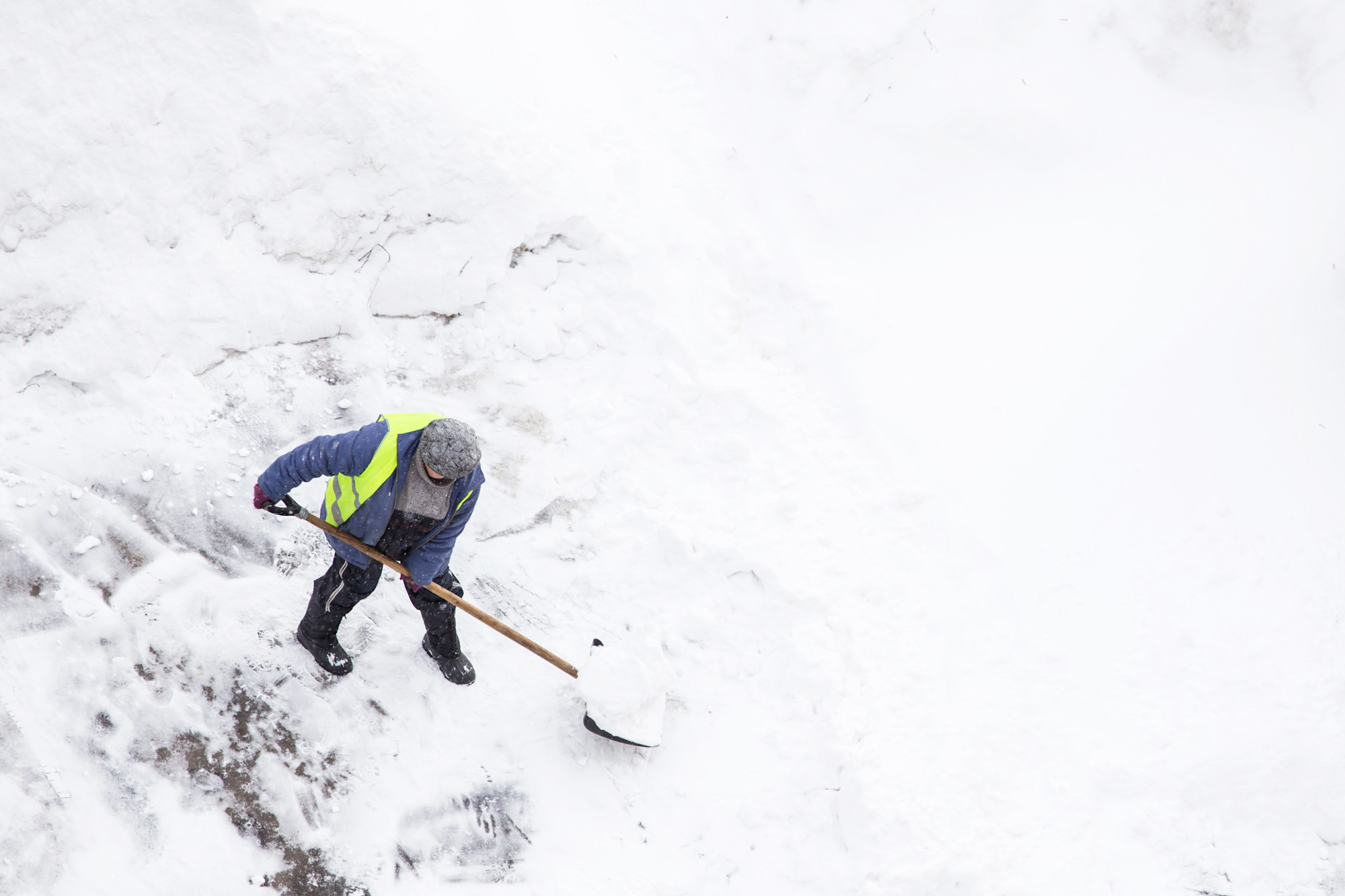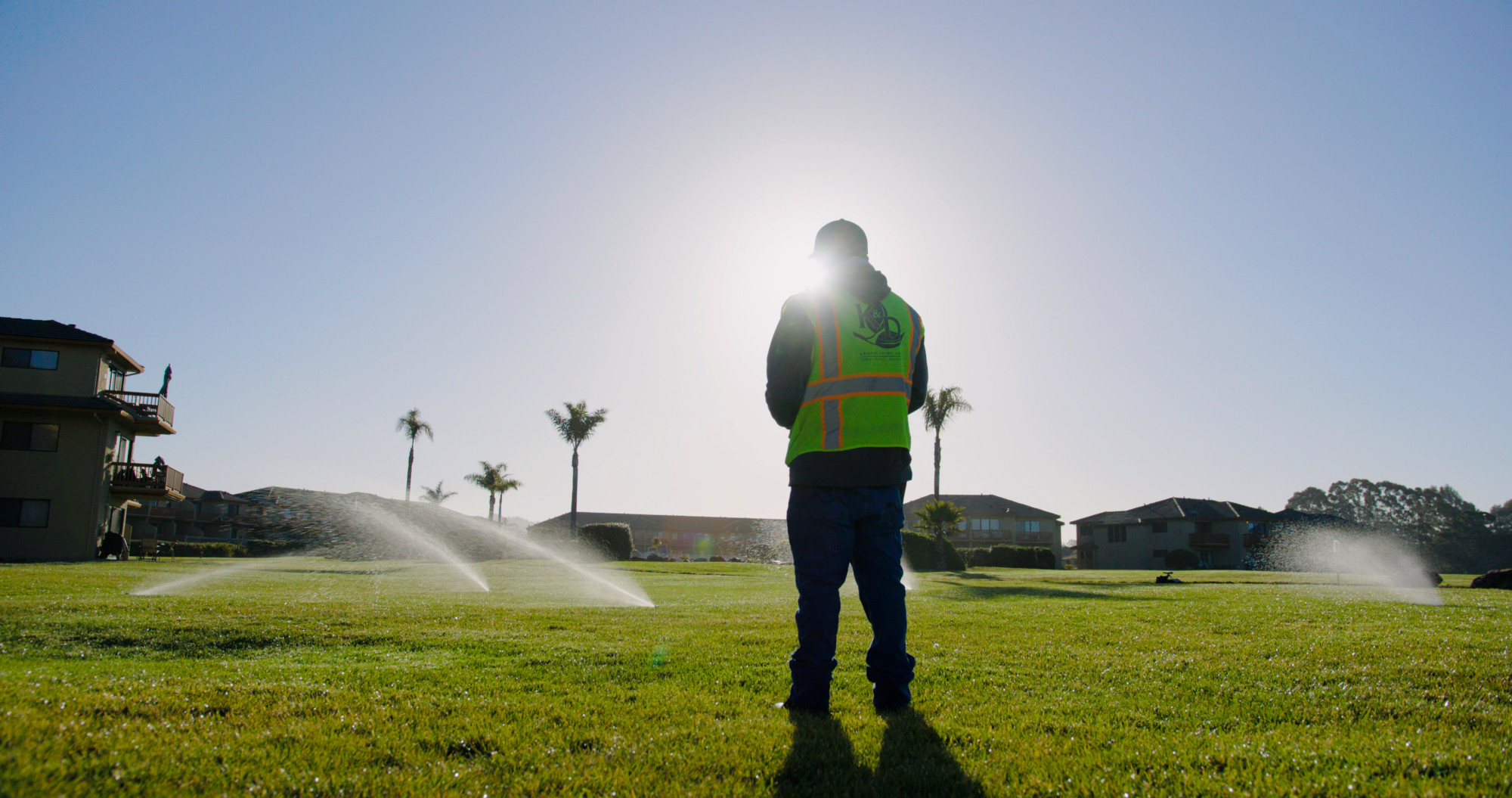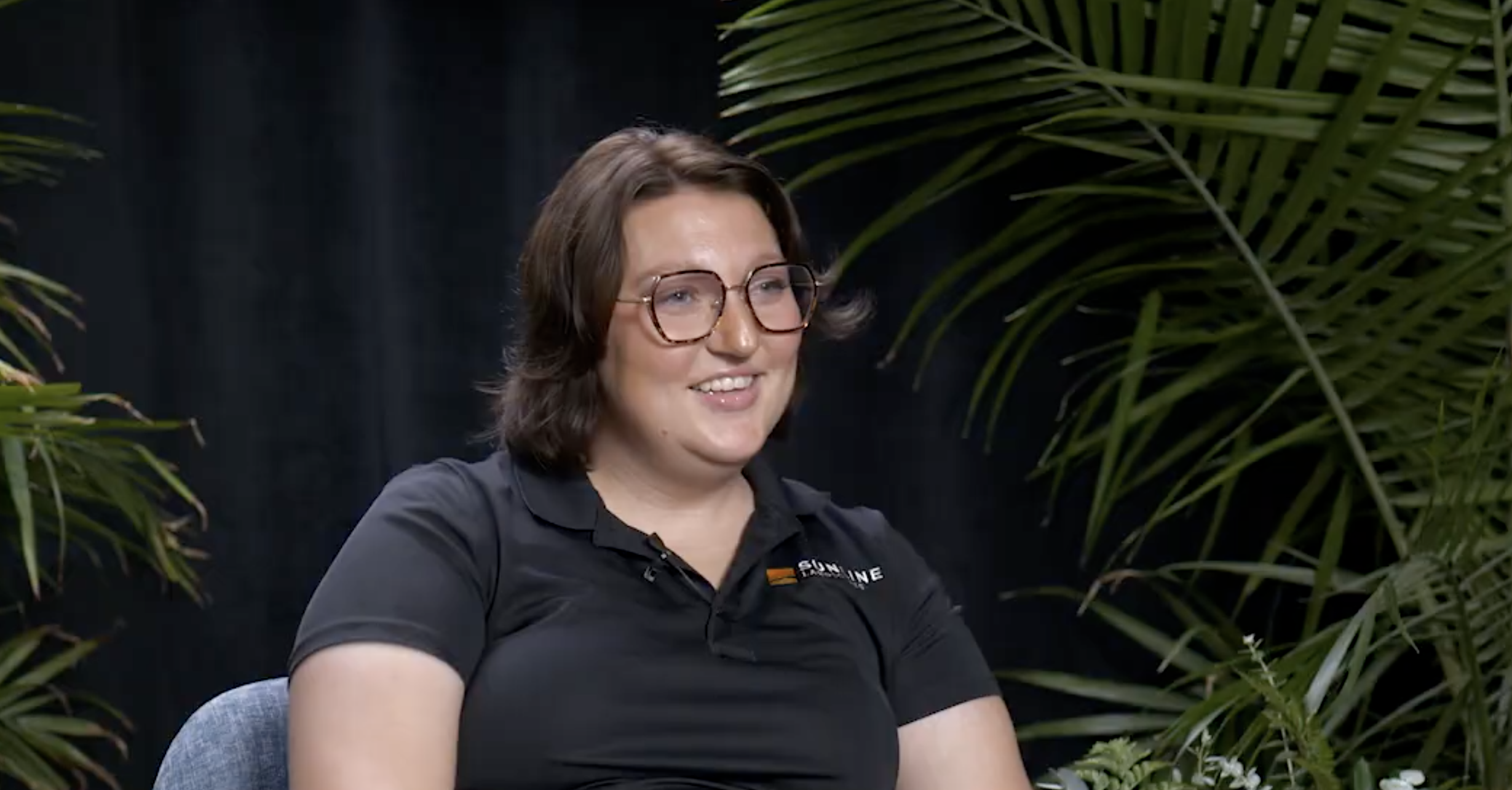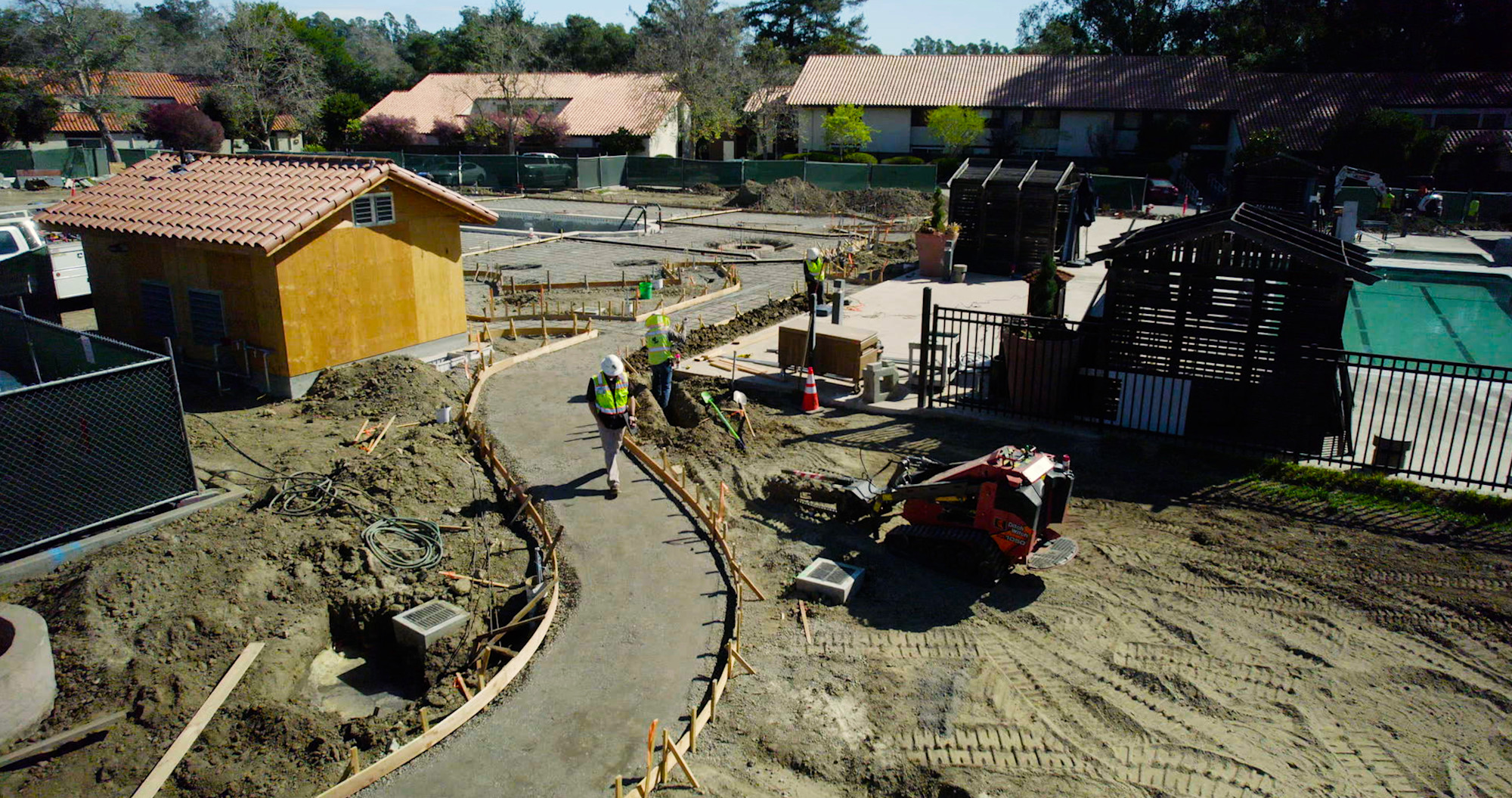Policies are being enacted every day throughout the US that will impact your ability to operate your landscape business. The National Association of Landscape Professionals (NALP) advocates tirelessly on behalf of the industry. In this Ignite breakout session, Andrew Bray, Vice President of Government Relations for the NALP, shared the most up-to-date information on hot-button issues like H-2B, pesticides, water, and the push to transition from gas to electric landscape equipment.
“With advocacy, there are so many things we could be out there doing for you,” Bray said. “We know there are a lot of threats, there are lots of opportunities, so every year we work through our government affairs council and come up with what we call our tier 1 priorities.”
Understanding how language impacts legislation
The H-2B nonimmigrant program permits employers to temporarily hire nonimmigrants to perform nonagricultural labor or services in the United States, and many landscape companies rely on this source of labor during the peak season. Bray explained the efforts the NALP is making to get key language changed in the legislation to protect this labor source permanently. The current push is all about changing one word—may—and making that “may” a “shall.”
Right now, the language surrounding H-2B says the president “may authorize” these foreign workers, but the NALP is lobbying for the language to say the president “shall authorize.”
Bray said, “The ‘may’ to ‘shall’ would make it so we don’t have to lobby whoever is in the White House to get these extra visas. It just would automatically happen. The rule’s been written. It benefits us all.”
Lobbying for the responsible use of pesticides
That’s just one effort the NALP is making to help landscape professionals navigate labor issues.
Another big topic facing everyone in the industry is legislation regarding pesticides. This falls under the Farm Bill.
“Pesticides are like a four-letter word in DC,” Bray said. “You just don’t get people who want to lobby for a pesticide issue. That’s the reality, but pesticides are important to our business. Obviously, it’s a core component to many of your businesses, and it’s extremely important in the lawn care industry.”
Bray explained that most states regulate pesticide certification, licensing, reporting, etc., but a few states allow localities to regulate pesticides. For example, in Montgomery County, MD, you cannot use pesticides. Bray said there’s been this growing trend of trying to roll back statewide regulations in favor of local authority.
“So what we are doing in the Farm Bill is we have language in there that says only the state can regulate pesticides,” Bray said. “This would be a game changer for anyone relying on pesticides.”
Navigating the transition to electric tools
The transition from gas to electric was the next hot-button topic that Bray addressed. “We support a responsible transition,” Bray said. “We’re not going to hold onto that gas-powered equipment until it’s pried from our hands. We’re stewards of the environment, but it needs to be a responsible transition, and that transition needs time, funding, and resources.”
Specifically, the NALP wants this to remain a federal issue, so states and localities can’t mandate these transitions too quickly for landscape business owners to be able to afford the capital required to switch over to these new electric tools. He said several states and local governments have already tried to push through restrictions, and litigation is ongoing to stop this trend.
Understanding water usage and turf
Finally, Bray addressed the issue of water and water restriction: “This is the one that I want to bring everybody’s attention to because I think this is where the most pressing existential threat to our industry is right now and where we need to adapt and fight the notion that we need to remove all turf — especially in the areas where water conditions are not ideal.”
Bray says the attack on turf includes people defining turf as non-functional. “As an industry, we don’t believe that turf is ever non-functional,” Bray said. “It’s always serving some recreational, environmental, or community purpose.”
Bray said that NALP is working hard with its partners at state associations to change the narrative. He said they will be pushing some public relations out in the next six months about the benefits of your turf and why smart, responsible irrigation is completely doable and feasible. He said this is where he sees NALP’s fight coming for the next couple of years, and he encouraged business owners to stay informed so they can be engaged and active with their federal, state, and local elected officials.
